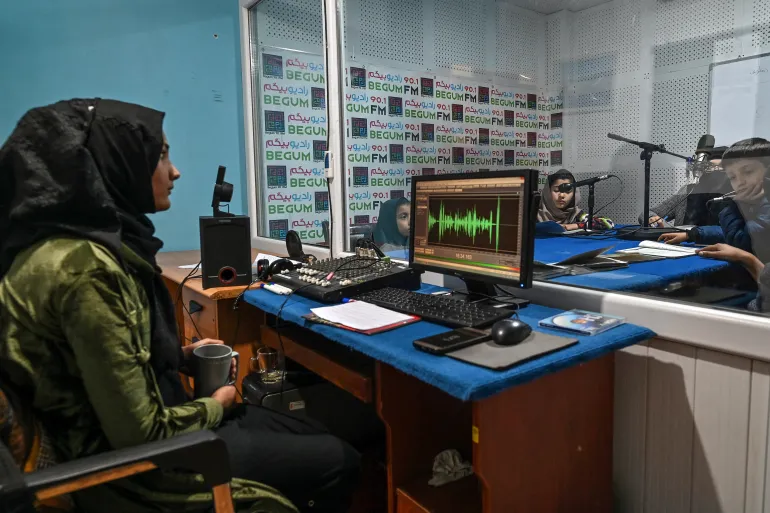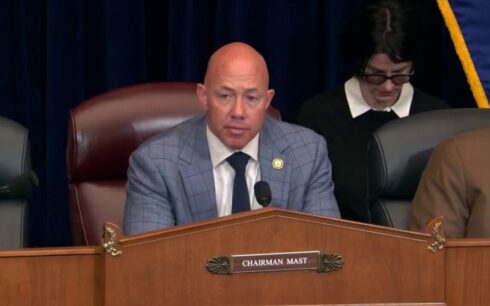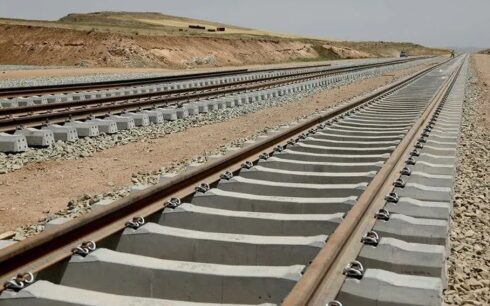KABUL — As the world marks World Radio Day on February 13, Afghanistan’s once-thriving radio landscape continues to shrink under severe Taliban restrictions, economic hardships, and growing censorship.
Since the Taliban’s return to power in August 2021, radio stations across the country have faced unprecedented closures, with many forced off the air due to financial struggles, staff intimidation, and content restrictions.
The United Nations Educational, Scientific and Cultural Organization (UNESCO), which designated February 13 as World Radio Day in 2012, highlighted radio’s crucial role in connecting communities, spreading information, and fostering social cohesion.
“Radio brings communities together and amplifies diverse voices to address common challenges,” UNESCO said in a statement marking the occasion.
Taliban officials claim that 280 radio stations remain operational across the country. However, media watchdogs and journalist groups report that the actual number is significantly lower, as many stations have shut down or been forcibly closed by the Taliban.
Just last week, the Taliban’s intelligence agency raided Radio Begum, a Kabul-based station focused on women’s issues, shut it down, and detained several employees.
Afghan journalists say that radio broadcasters—once a vital source of information, particularly in rural areas—are among the hardest hit under the Taliban’s rule.
“Audio media in Afghanistan are facing severe restrictions, with one station after another being shut down,” said journalist Soheila Yousufi. “The closure of Radio Begum and the arrest of its staff show that the Taliban see any direct voice—especially regarding women—as a threat.”
Media analysts argue that the Taliban have nearly erased independent journalism, with all remaining outlets forced to self-censor or operate under strict Taliban oversight.
“Independent media have been reduced to zero,” said Mujeeb Khelwatgar, a veteran journalist. “No media outlet inside Afghanistan can claim to operate without censorship. The Taliban dictate what is broadcast.”
He added that radio stations have suffered the most, particularly due to reduced access to information and restrictive laws such as the Taliban’s Ministry for the Promotion of Virtue and Prevention of Vice regulations, which prohibit women from appearing on air.
Radio broadcasting in Afghanistan dates back to 1928, during the reign of King Amanullah Khan, when Radio Kabul became the country’s first and only station.
However, over the past century, Afghanistan’s radio industry has survived wars, regime changes, and economic crises—only to now face what many say is its greatest existential threat yet under the Taliban’s rule.





